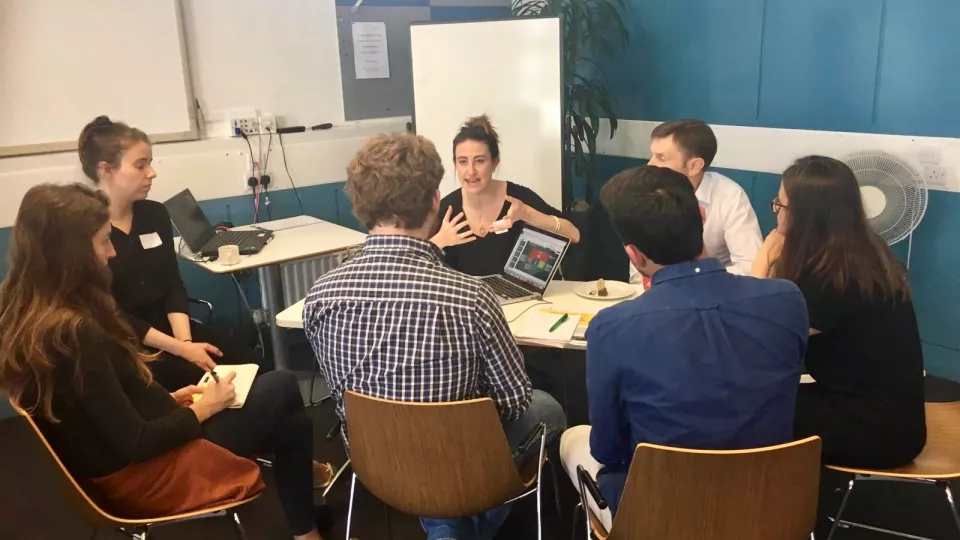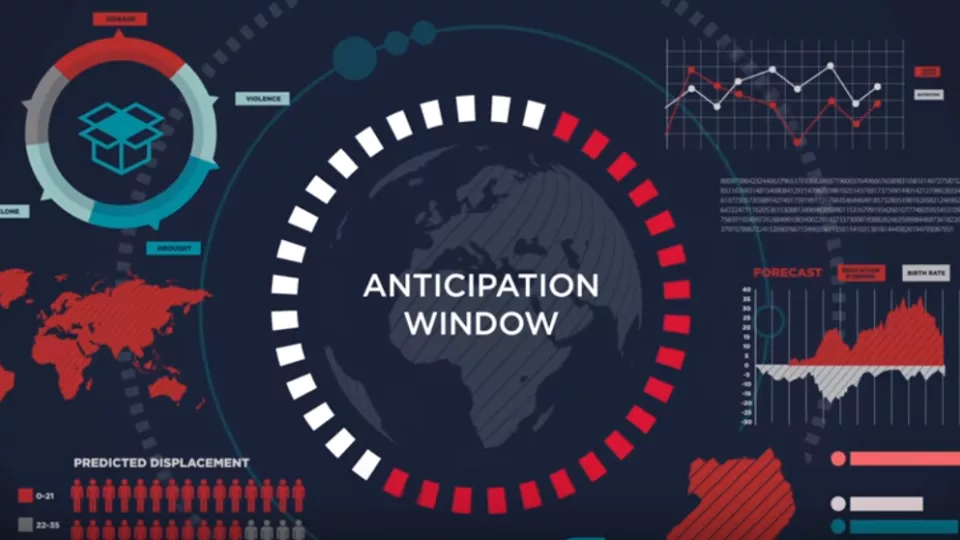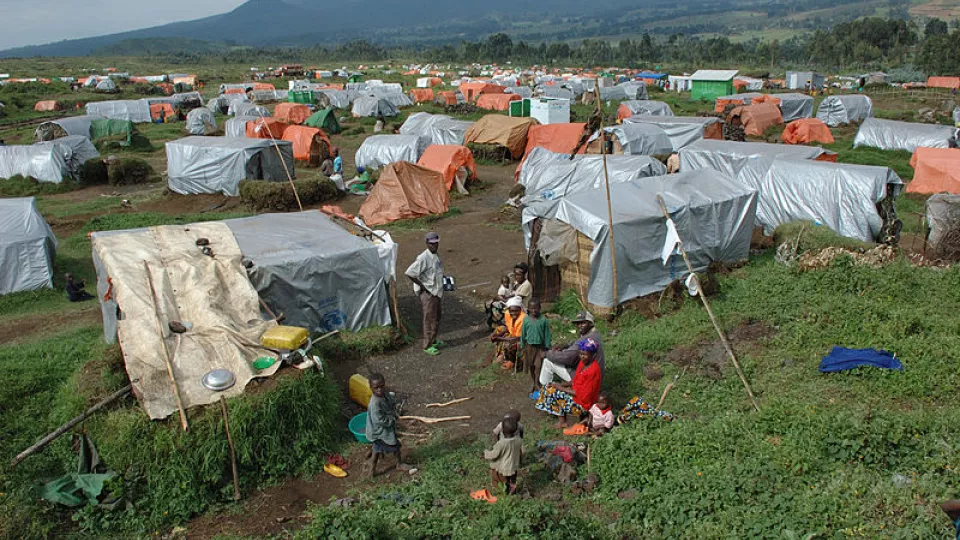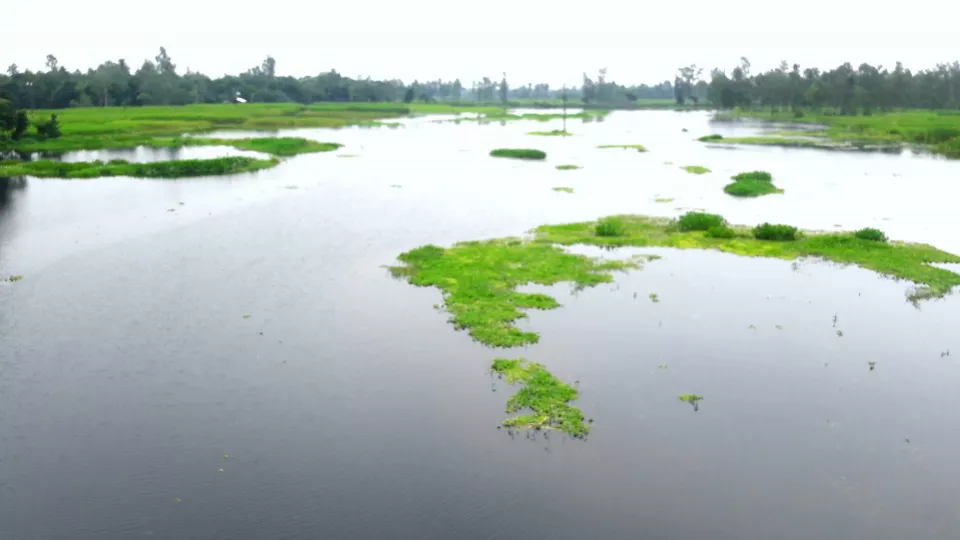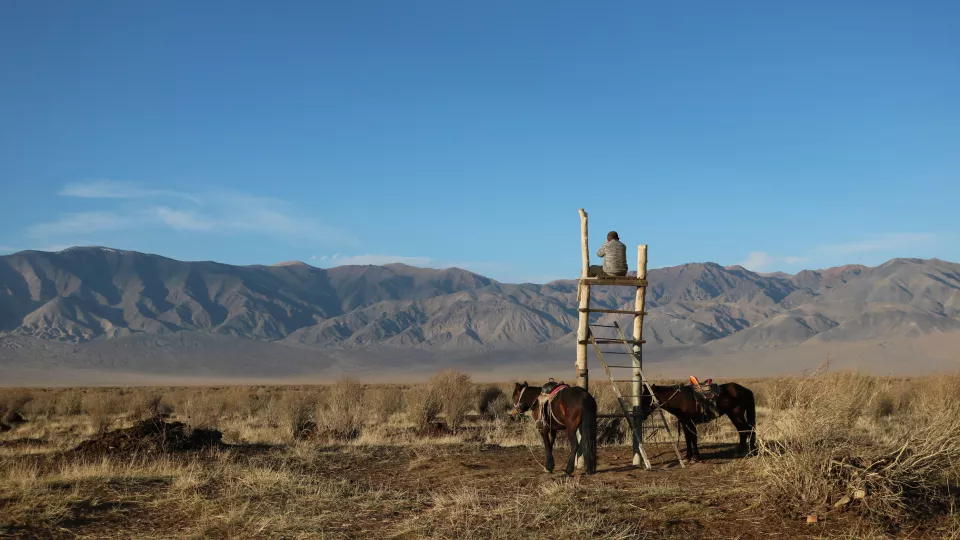
Early action Impact Assessment Mongolia
For nomadic herder families in the Mongolian grasslands, living in extreme conditions is the norm. But when it comes to Dzud, the Mongolian term for a bitterly cold winter weather phenomenon, the impact can be greater than many are able to prepare. Anticipating how changes in the weather and environment will impact their lives is key.

